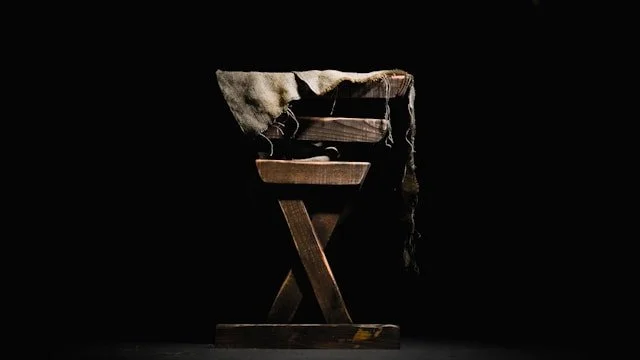Merry Christmas! As we enter into a day of worship today, Scripture reminds us that God made his creation to worship himself.
Jesus’ birth was ushered in by nature. Jesus was welcomed into death by nature as well. Jesus’ birth foreshadows his death.
A star declared to those who had eyes to see that the King of the Jews had arrived.
The magi ask Herod, “Where is he who has been born king of the Jews? For we saw his star when it rose and have come to worship him” (Matt 2:2). They then depart from Herod, “And behold, the star that they had seen when it rose went before them until it came to rest over the place where the child was. When they saw the star, they rejoiced exceedingly with great joy” (Matt 2:9-10).
What was this star? We don’t know for sure. I find the explanation that the star was Jupiter's unique conjunctions with Saturn and Mars to be the most persuasive. These conjunctions occurred in the constellation of Pisces (the astrological sign of the Jews).














